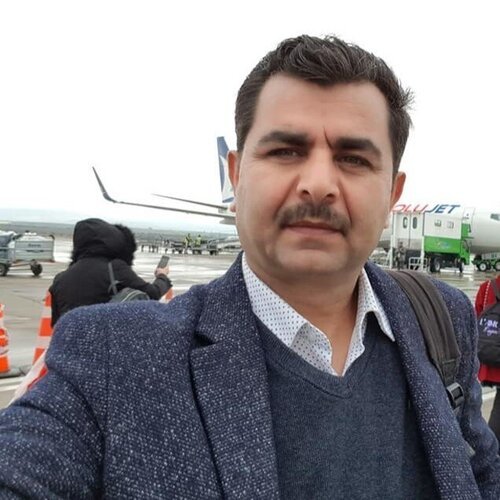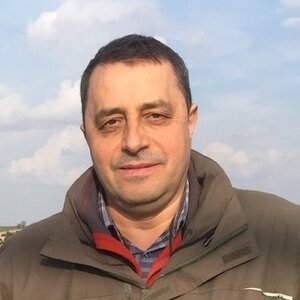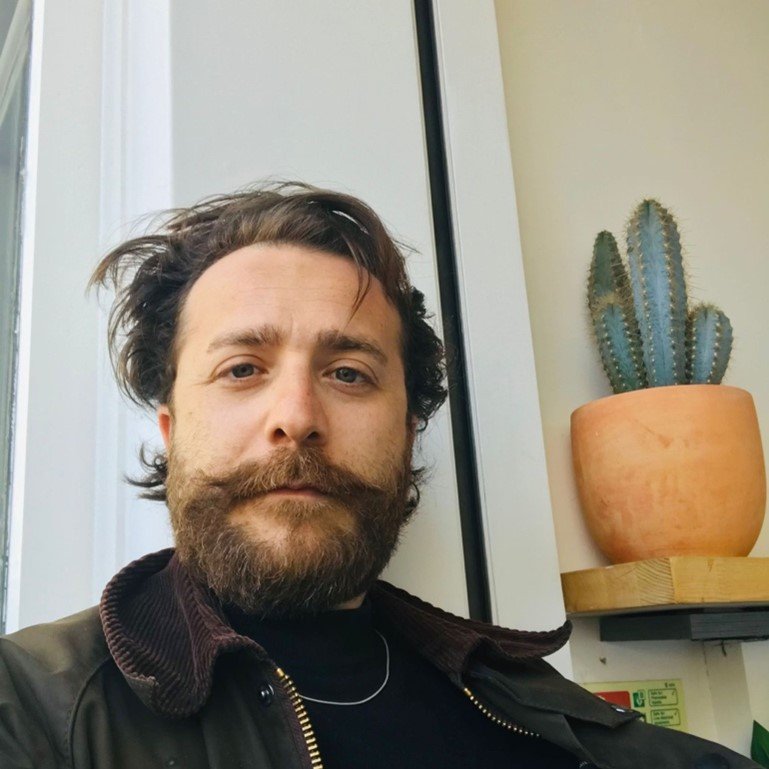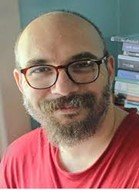Duration: February 2024 - April 2025
Funding Scheme: Royal Society of Edinburgh Research Workshop Grant
Principal Investigator: Dr Ann-Christin Zuntz
The Challenge
The 2023 earthquake damaged more than 156,000 buildings in Türkiye. Foregrounding concerns about toxic debris, the UN understands rubble removal as an “early recovery” and ecological issue. However, such a framing ignores the refugees and migrants rebuilding Turkish cities, and the backstory of their informal salvaging practices at the beginning of recycling supply chains. Anthropologists studying the material remnants of destruction have highlighted how “waste” forges new social and economic relations. In the Middle East, conflict has dislocated workers and debris that become the fodder of booming recycling and construction industries. In Türkiye in spring 2023, there is anecdotal evidence that waste prices have plummeted and scavengers accused of looting – threatening livelihoods of refugee/migrant waste-pickers excluded from post-disaster assistance. Simultaneously, informal garbage collection stores have appeared in destroyed areas, while Turkish steel mills have increased exports of scrap metal, a valuable global commodity.
Our team of UK, Syrian, and Turkish agricultural and social scientists and humanitarians proposes exploratory workshops and fieldwork with Syrian and other refugee/migrant garbage collectors to investigate how waste-picking has changed after the 2023 Türkiye earthquake. Starting research in February 2024, we will explore:
How do disasters spur value creation in global recycling and construction, through the incorporation of vulnerable workers?
VISUAL ANIMATION by artist Nergis Irklı
Publications
REPORT: Zuntz, A., Karabıyık, E., Kuruüzüm, U., El-Gayar, A. & L. Boden (2025). Seeing Through One Health: The Disaster Economy of Recycling in Post-Earthquake Türkiye. One Health FIELD Network & Development Workshop.
Research Aims
Through WORKSHOPS, we will 1) explore how interdisciplinary approaches to refugee/migrant labour, for which we laid the foundation in Edinburgh’s One Health FIELD Network, can inform systemic responses to interconnected crises affecting human, animal, and environmental health beyond short-term aid. 2) We will identify academic and practical lessons learned from our AHRC-funded “Refugee Labour under Lockdown” project, for which we researched the impact of COVID-19 on Syrian labour in Middle Eastern farming. Our finding that pandemic-affected agricultural supply chains were kept running by cheap, mobile farmworkers is relevant to waste-pickers’ situation because the same refugees and migrants find complementary employment in other global economies, including recycling and reconstruction.
Through short-term supporting FIELDWORK after the initial rubble removal, we will empirically study interlinkages between Türkiye’s recycling and reconstruction industries. Ethnographic data collection will take place in global recycling centres (Adana, Mersin) and areas worst affected by the earthquake (Gaziantep, Hatay). We will document how refugees and migrants combine jobs as waste-pickers and in reconstruction, and the reorientation of seasonal migrant labour flows to sites of destruction in southern Türkiye.
OBJECTIVES:
Understand how Türkiye’s migration policies, the recycling economy, and the post-disaster response together shape refugee/migrants’ positioning in supply chains;
Document how refugee/migrant waste-pickers’ working and living conditions have changed after the earthquake;
Identify opportunities for making refugee/migrant labour more decent in Türkiye’s post-disaster response and transition toward greener economies.
Anticipated Outcomes and Impact
This project will lay the foundations for data-driven advocacy for decent jobs for Syrian and other refugee/migrant workers going back and forth between informal work in global agriculture, recycling, and construction. So far, refugee and migrant employment programmes in the Middle East have had limited success because of their narrow economic focus, and because they fail to address mobile people’s lack of rights. To our knowledge, there are currently no local or international NGOs supporting refugee and migrant waste-pickers. Our project will demonstrate the importance of a cross-sectoral, holistic One Health approach to environmental and social justice, to ensure that marginalised workers are not left behind during post-disaster responses and low-carbon transitions.
Through our situation report and outreach webinar, we will provide recommendations to aid providers about how to tailor post-earthquake assistance to the conditions of refugee and migrant waste-pickers and how to make them less vulnerable to exploitative labour, e.g. through interventions that remain sensitive to mobility-based livelihoods strategies. In the longer term, it will raise policymakers’ awareness of refugees’ and migrants’ contribution to host countries’ economies, and of extending their protection as refugees/migrants and as labourers.










